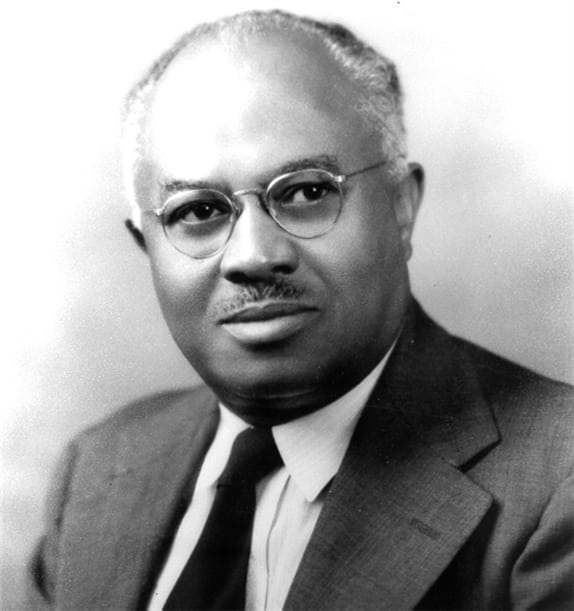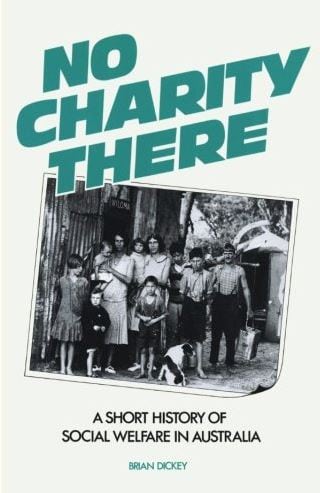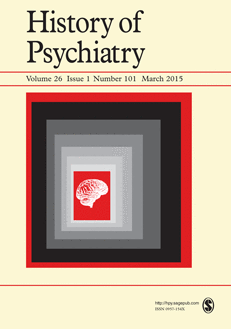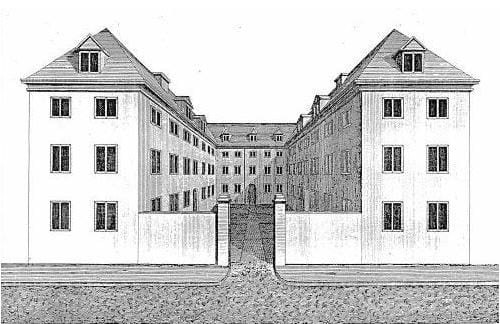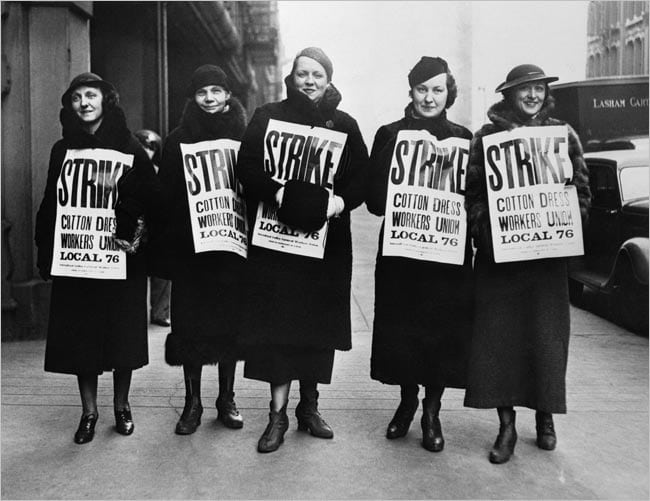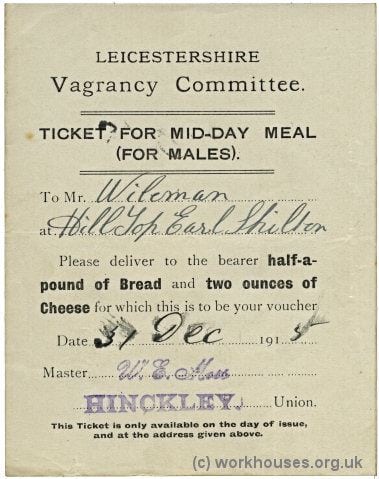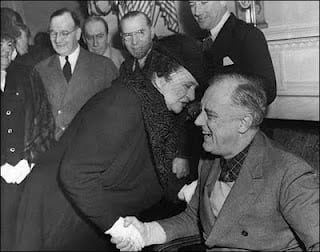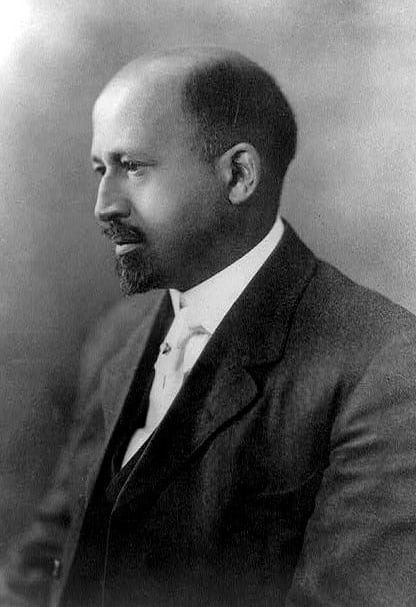History of child saving in the United States
Women’s agency in Australia’s first fertility transition: a debate revisited
Body Failure: Medical Views of Women, 1900-1950
Empty mills: the fight against imports and the decline of the U.S. textile industry
E. Franklin Frazier
E. Franklin Frazier, Director of the Atlanta School of Social Work from 1922 to 1927, is probably the best known of the African American pioneers in social work. He is scarcely well known; the Encyclopedia of Social Work did not include his biography until 1987 and schools of social work rarely note and less often study his contributions to the field.
The marriage boom: Spanish and Swedish women making sense of marriage during the marriage boom
Wilbur J. Cohen (June 13, 1913 – May 17, 1987) — Government Official, Educator, Social Welfare Expert
Social Welfare History Project | Social Security Administration History Archives
A young Wilbur Cohen is shown here in the early days of Social Security with Maurine Mulliner who was the Executive Secretary to the Social Security Board.
Trust, Norms of Cooperation, and the Rural Credit Market in Eighteenth-Century France
Abortion and gender relationships in Ukraine, 1955–1970
The Revenge of History – The Institutional Roots of Post-Communist Family Policy in the Czech Republic, Hungary and Poland
Death, life and religious change in Scottish towns, c.1350–1560
‘Enough to Keep Them Alive’: Indian Social Welfare in Canada, 1873-1965
Providing for the hungry? Famine relief in the Russian Baltic province of Estland, 1867–9
No Charity There: A Short History of Social Welfare in Australia
Brainwaves and psyches: A genealogy of an extended self
Red Apple: Communism and McCarthyism in Cold War New York
Psychological symptoms and medical responses in nineteenth-century India
Workhouse Architecture
Mobilizing Clouston in the colonies? General paralysis of the insane at the Auckland Mental Hospital, 1868-99
The emergence of the disorganized/disoriented (D) attachment classification, 1979–1982.
Before the Windrush: Race Relations in 20th-Century Liverpool
The Lobotomy Letters: The Making of American Psychosurgery by Michal Raz
International Ladies Garment Workers Union
Empty Mills and zombie cities
Tramps’ Bread Ticket
The Jewish psychiatric hospital, Zofiowka, in Otwock, Poland
Physical growth and ethnic inequality in New Zealand prisons, 1840–1975
The patriarchy index: a comparative study of power relations across historical Europe
History of the Women’s Bureau
The Women’s Bureau was established in the Department of Labor by Public Law No. 259 of June 5, 1920. The law gave the Bureau the duty to “formulate standards and policies which shall promote the welfare of wage-earning women, improve their working conditions, increase their efficiency, and advance their opportunities for profitable employment.”
Shuttered factories and closed politics
Photography and radical psychiatry in Italy in the 1960s. The case of the photobook Morire di Classe (1969)
From paranoia querulans to vexatious litigants: a short study on madness between psychiatry and the law. Part 2
Survival on the streets for homeless kids
CBC reporter Molly Hughes talks to “Judith,” a Saint John teen whose parents made her leave home. Homeless for two months, she endured physical abuse and heartbreak in her time on the streets. Now back with her parents, Judith sits down in this 1979 clip to talk about the dangers, the friendships and surviving life when you’re homeless.
Beatles vs. Stones
The Black War: Fear, Sex and Resistance in Tasmania / The Last Man: A British Genocide in Tasmania
Constance Pascal’s Chagrins d’amour et psychoses (1935): a French psychiatrist’s views on psychoanalysis
Making Change Happen: Black and White Activists Talk to Kevin Cook about Aboriginal, Union and Liberation Politics
Welcome to Vancouver’s Skid Row
This documentary, produced by Allan King, examines the life of the alcoholic derelict on Vancouver’s “skid row”. In this segment, Jimmy, who lives by the harbour, talks about his life over the years and how he has survived living on the streets. His answers reflect the hopelessness he feels about his day-to-day existence, often panhandling and spending the money on alcohol.





